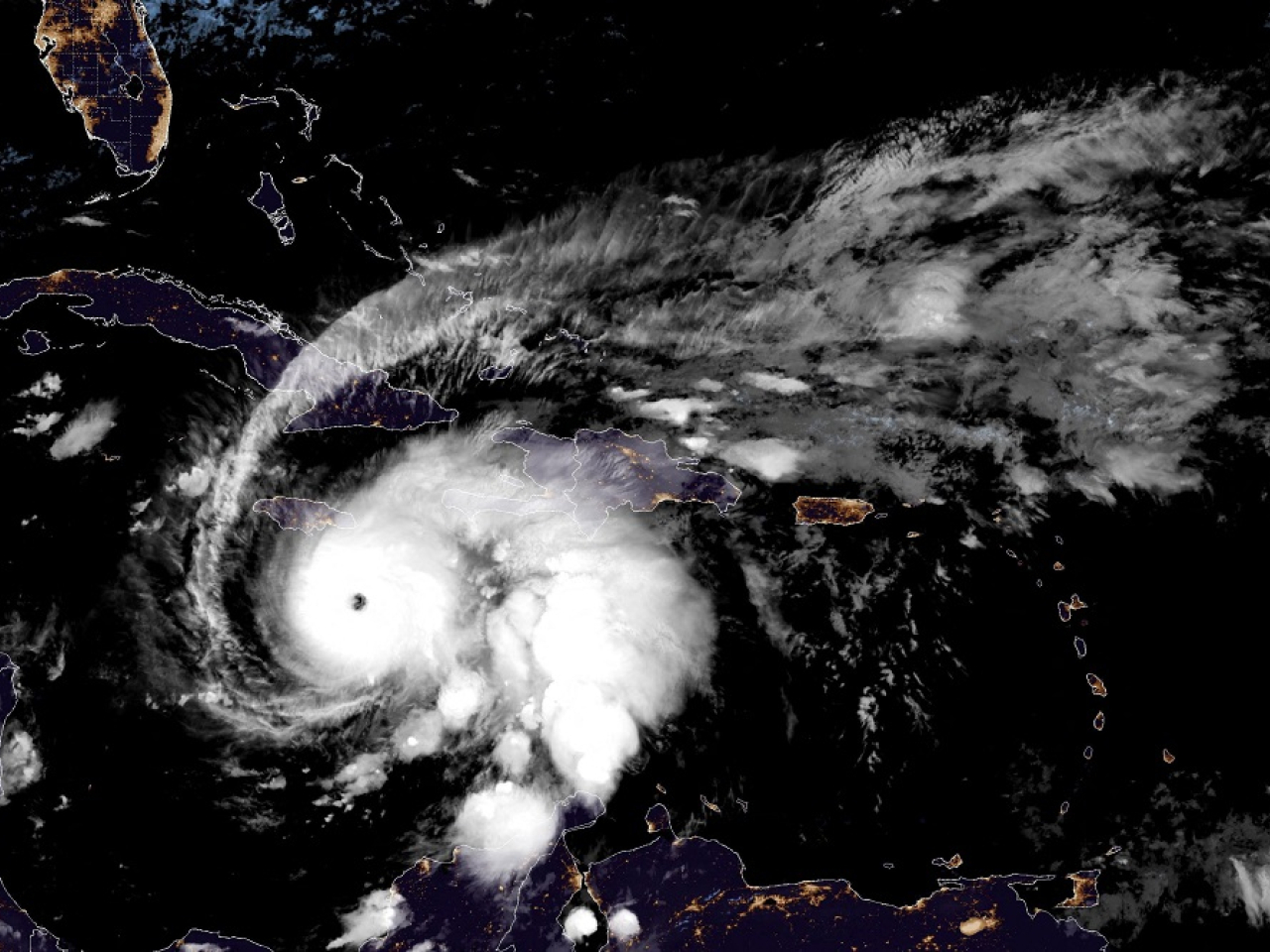Hurricane Melissa has developed into a Category 4 hurricane with maximum sustained winds of up to 220km/h, and is expected to strengthen as it heads towards Jamaica, the US National Hurricane Centre (NHC) said on Sunday.
Melissa is about 180 km south of Kingston and expected to make landfall in Jamaica on Monday night or Tuesday morning and hit south-eastern Cuba late on Tuesday, the NHC said, with catastrophic floods, landslides and storm surges expected in the region.
During a press conference in Kingston on Sunday, authorities said both international airports were closed and 881 shelters have been activated around the country.
"Many of these communities will not survive the flooding," Desmond McKenzie, minister of local government, said at the press conference. "Kingston is extremely low. No community in Kingston is immune."
Authorities said a decision on whether to issue a mandatory evacuation order would be made later in the day, while imploring residents to evacuate, with assistance being provided.
Some residents, however, chose to stay put, and authorities said some have refused to board evacuation buses.
"We are riding out the storm, we're not going to go anywhere. Just sitting down and watch everything, make sure everything's working good,” said Douglas Butler, a local boat captain in Port Royal. “I just take things easy. As long as I have my food, I can eat. That is the most important thing."
The NHC said Melissa is expected to bring 40 to 75 centimetres of rain to Jamaica and southern Hispaniola with a local maximum of up to 100 centimetres. Eastern Cuba is expected to receive 25 to 40 centimetres, with local amounts of up to 50 centimetres.
Dana Morris Dixon, Jamaica's information minister, said the regional disaster agency, Caribbean Disaster Emergency Management Agency, is ready to provide assistance, and several international partners have already pledged support.
"We will experience the intensity of the hurricane tomorrow night Monday going into Tuesday," Morris Dixon said. "This is rainfall we've not seen before." (Reuters)





